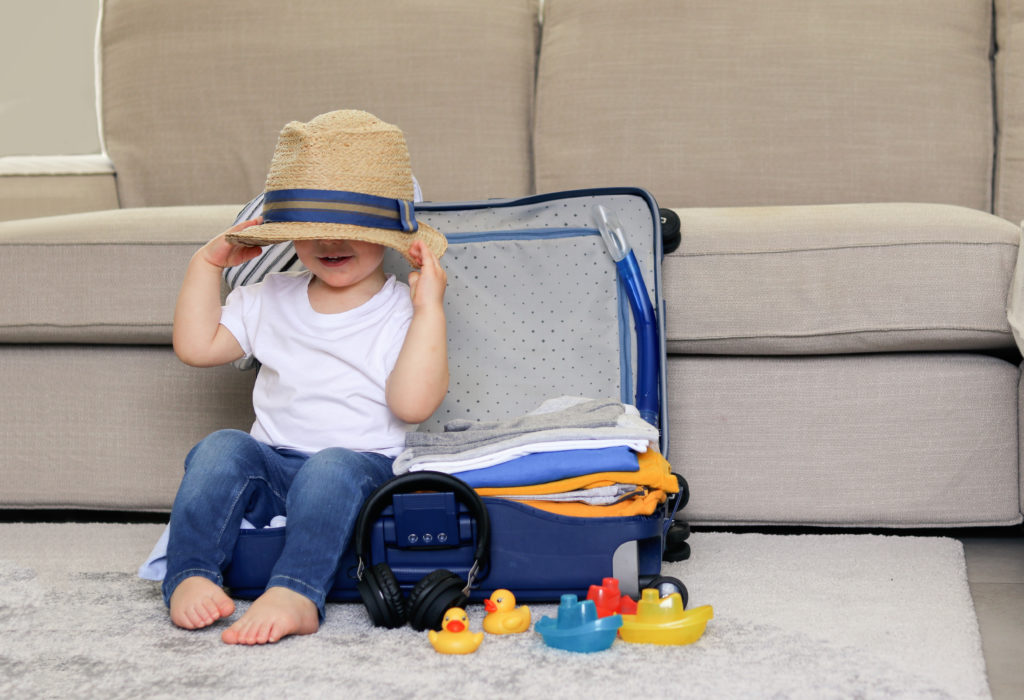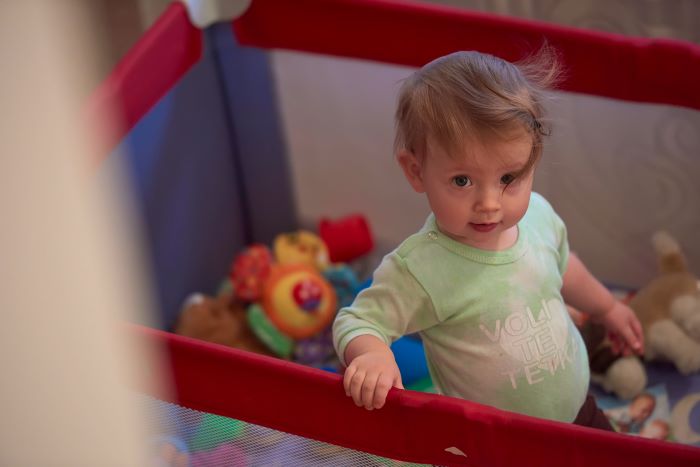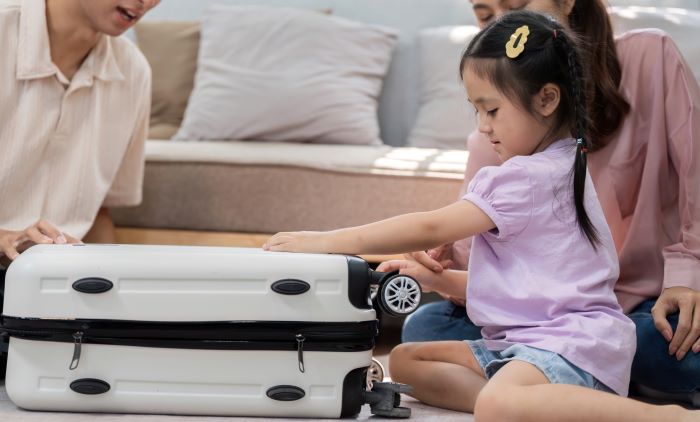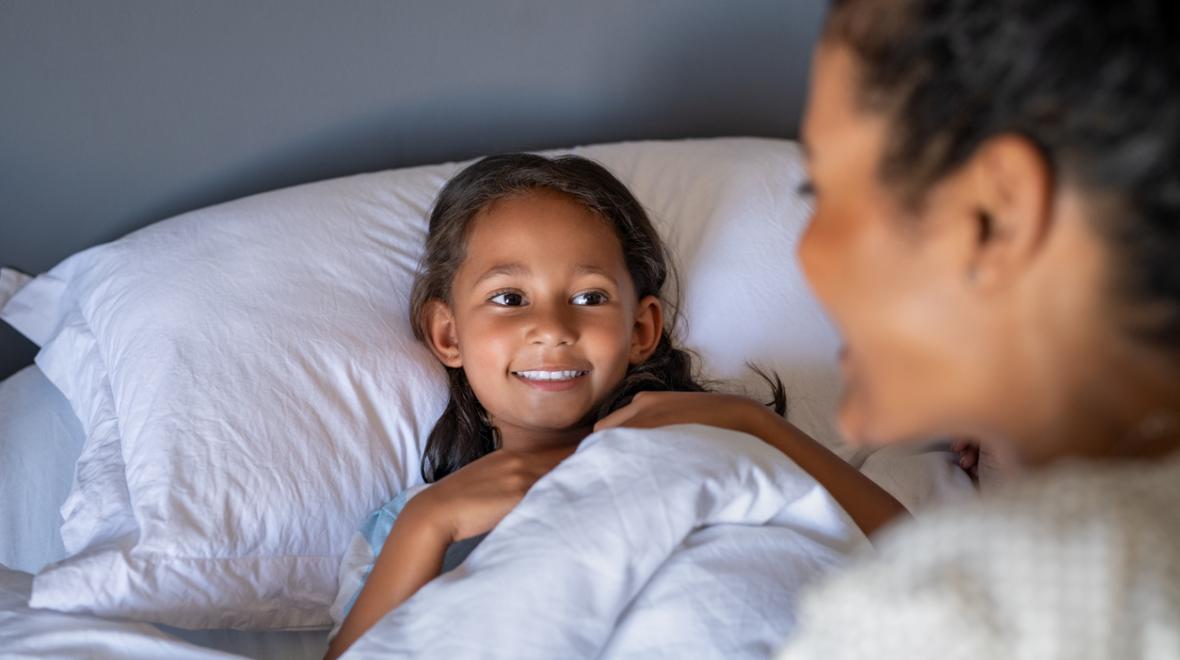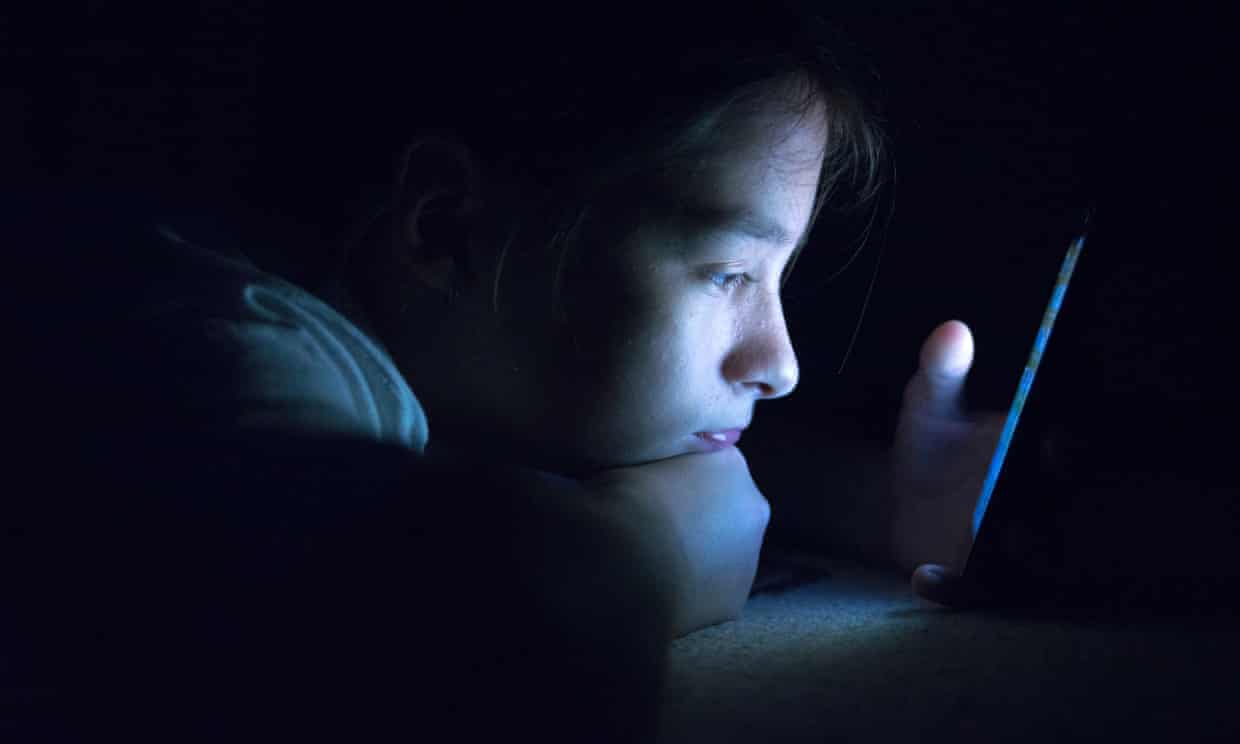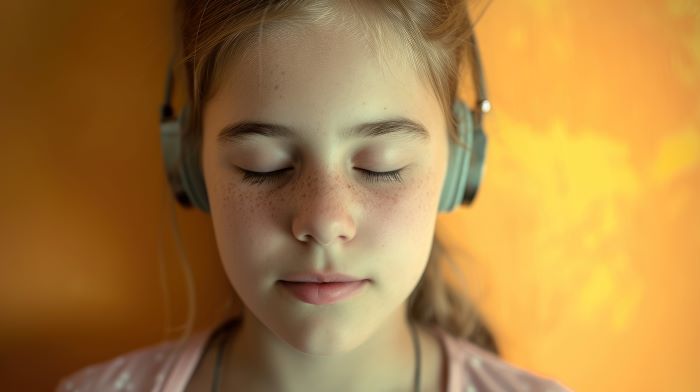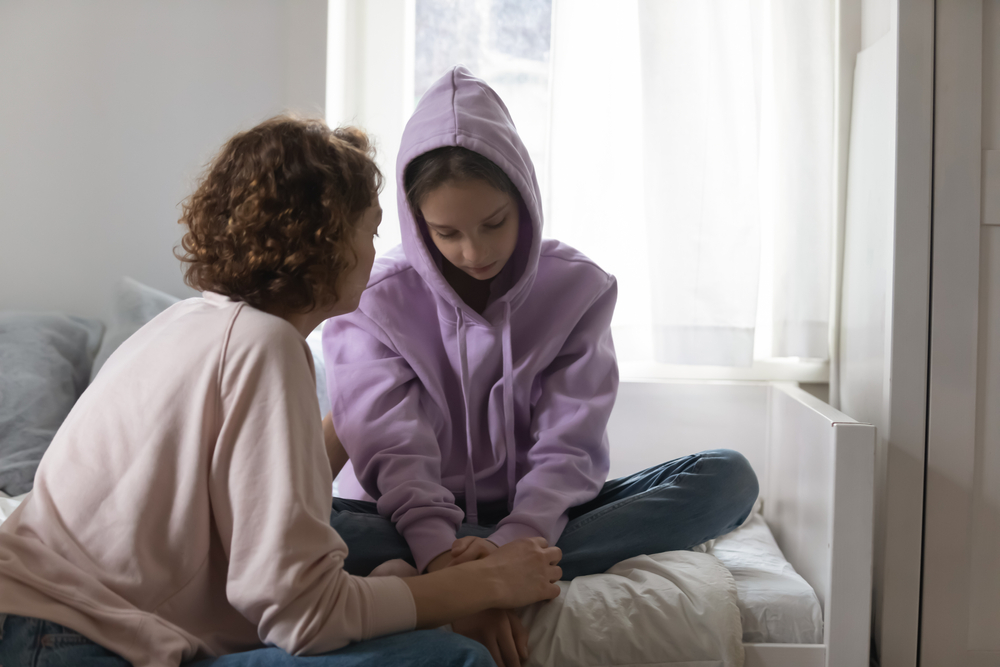Children’s Sleep at Christmas: Gentle Tips to Support Restful Nights During the Festive Season
If Christmas came with a warning label, it might read:
May cause excitement, late nights and very overtired children.
From festive parties and family visits to chocolate before breakfast and talk of Santa long after lights out , it is no surprise that sleep can feel tricky at this time of year, especially with different beds and less structure.
The good news is that Christmas does not have to undo all your hard work. With a little flexibility and plenty of reassurance, you can support your child’s sleep while still soaking up all the festive fun. These gentle, practical tips will help guide you through the holidays with calmer bedtimes and happier days.

Pack Familiar Sleep Comforts
If you are staying away from home over Christmas, familiar items can make a big difference to how easily your child settles.
You might consider bringing:
-
A favourite soft toy or comfort item
-
Your child’s usual pillow or blanket
-
Familiar pyjamas and bedtime books
Before bedtime, spend some quiet time in your child’s temporary bedroom. Unpack together, share a cuddle, read a story and gently show them where everyone will be sleeping. This helps children feel safe, secure and more relaxed in a new environment.
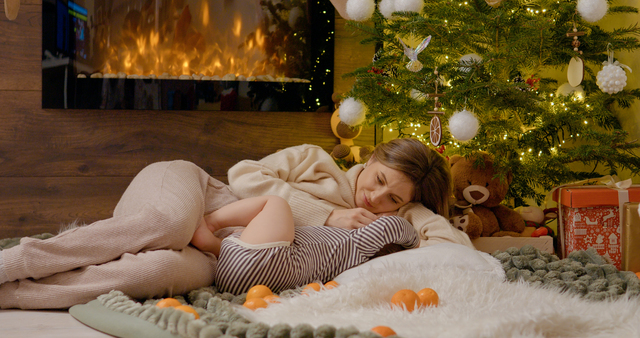
Supporting Naps During the Festive Season
Naps can be tricky over Christmas, but they play a crucial role in preventing overtiredness, especially for younger children.
To help support naps:
-
Aim to offer naps around your child’s usual times
-
Create a calm space with a story or cuddle before sleep
-
Use white noise if background noise from celebrations is unavoidable
-
Fresh air naps in the pram can work beautifully on busy days
Well-supported naps often lead to calmer evenings and easier bedtimes.
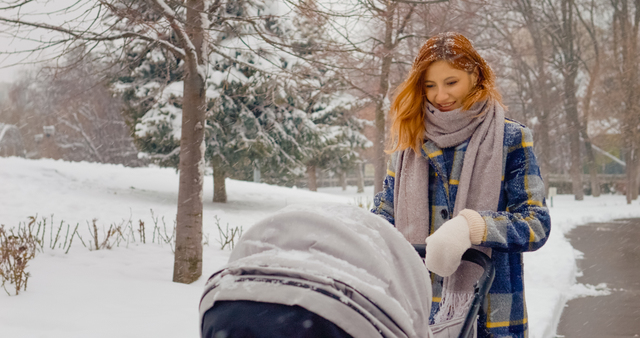
Christmas Foods That Support Sleep
Festive treats are part of Christmas, but it can help to be mindful of timing.
Try to limit sugary foods and chocolate in the two hours before bedtime, as these can make it harder for children to settle.
Instead, you might offer sleep-supportive snacks such as:
-
Turkey
-
Eggs
-
Bananas
-
Oats
-
Yogurt
Turkey contains tryptophan, an amino acid that helps the body produce serotonin, which supports the production of melatonin, an important hormone for sleep.
👉 Click here for my guide on tryptophan-rich foods.
Keep Bedtime Routines Familiar
Whether you are at home or staying with family, familiar routines offer comfort and reassurance.
Even if bedtime is a little later on Christmas Day, try to keep the same calming sequence your child knows, such as a bath, pyjamas, story and cuddle. These familiar steps gently signal that it is time for sleep, even after a busy and exciting day.

Maintain Gentle Sleep and Wake Times
While Christmas Day itself may look different, keeping bedtimes and morning wake-ups broadly consistent throughout the rest of the holiday can help support your child’s body clock.
Regular sleep patterns often lead to fewer bedtime struggles, less overtiredness and calmer mornings. Small adjustments now can make returning to normal routines in January much easier.
Create a Calm and Reassuring Bedtime Environment
To help your child wind down in the evening:
-
Spend ten to fifteen minutes on quiet activities such as reading or puzzles
-
Say goodnight to family and friends before moving to a calm space
This gentle transition helps children move from excitement to rest more easily.

Gentle Ways to Support Sleep Challenges
If your child finds sleep more unsettled during the holidays, this is completely normal.
You may find it helpful to:
-
Take the lead with bedtime until your child feels secure
-
Ask family members for a little extra help in the mornings so you can rest too
A few unsettled nights do not mean sleep habits are lost.
Holding Kind and Consistent Boundaries
It can be tempting to relax routines completely, but gentle consistency helps children feel safe and supported.
Settling your child in the way they are used to can reduce bedtime struggles. If things do wobble, returning to your usual routine once you are home will help your child readjust within a few nights.
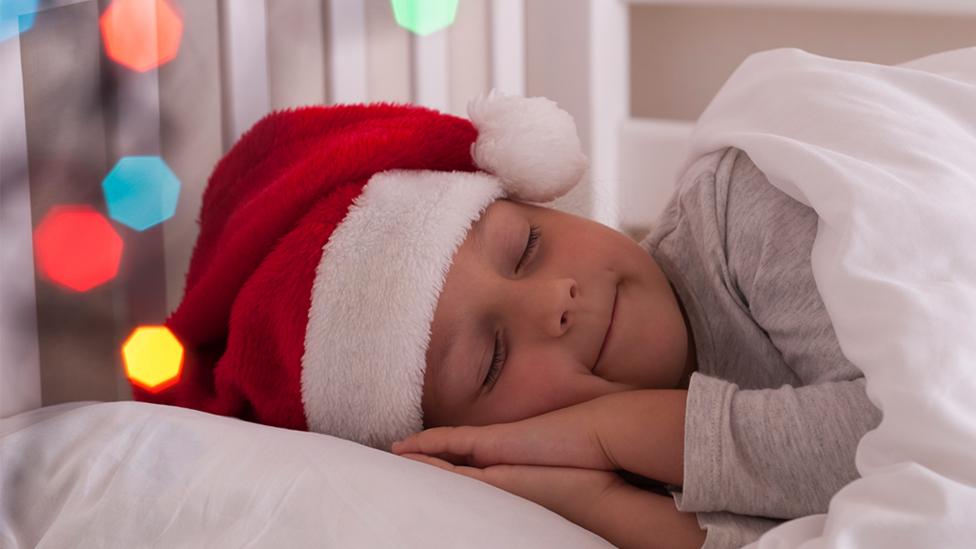
Enjoy the Festive Season
Most importantly, remember that Christmas is about connection, joy and togetherness.
Sleep does not need to be perfect. A balance of flexibility and familiarity allows everyone to enjoy the magic of the season while still supporting rest and well-being.
Wishing you a Christmas filled with warmth, special moments and peaceful nights.
Merry Christmas from the team at Millpond Children’s Sleep Clinic
